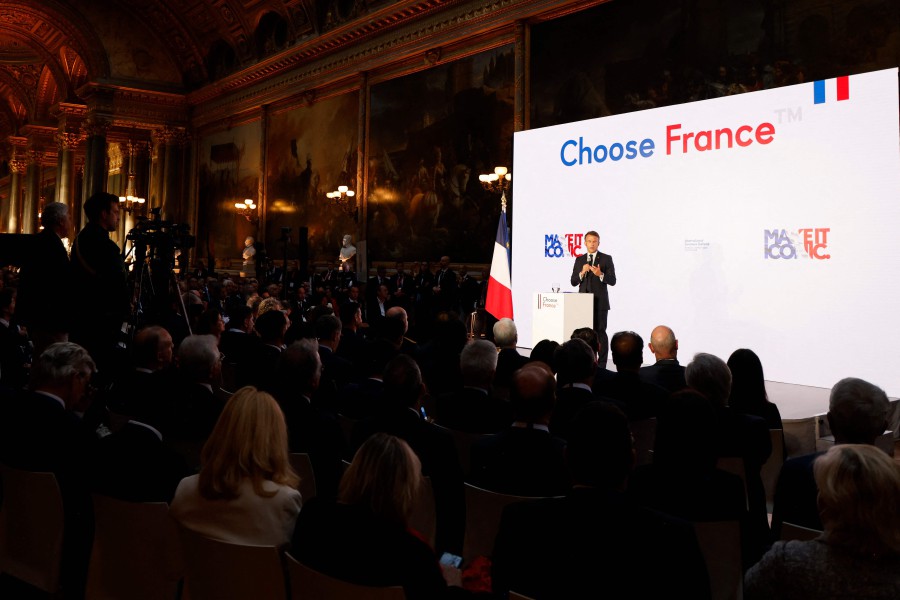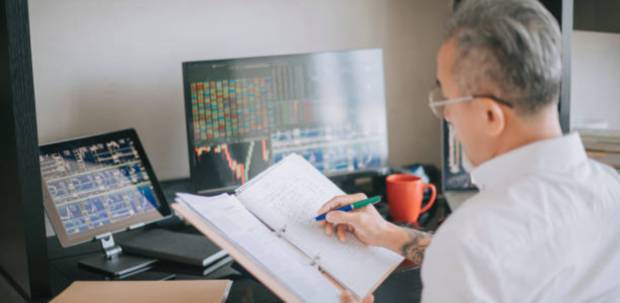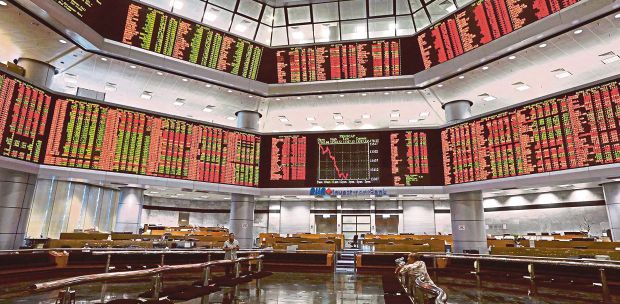THE northern French port of Dunkirk, riding an industrial mini-boom thanks to a state-backed investment push, is a showcase for President Emmanuel Macron's belief that fighting unemployment is the best way to curb support for the far-right.
But the economic potential of two new Electric Vehicle (EV) "gigafactories" will not stop locals like Killiams Pierron backing Marine Le Pen's nationalists in June elections to the European Parliament, after a surge in prices for food, heating and other essentials.
"Bread, cheese, butter — they have all gone up," construction labourer Pierron told Reuters as he rode one of the region's free buses, listing the ingredients of a ham-cheese baguette roll he said had tripled in price to €4.40 after three years of high inflation.
"At some point you need to start thinking about the French before others," he said, arguing Macron should prioritise domestic issues like affordable housing rather than pursue support for Ukraine in its war against Russia.
Anger at falling living standards is shared by millions of Europeans and is expected to dent support for mainstream parties in the June 6-9 vote for the 720 lawmakers of the EU assembly, which helps set trade, green and other policies in the 27-nation bloc.
Since the last election in 2019, the European economy has faced Covid-19 shutdowns and a cost-of-living crisis that was triggered by a global surge in inflation, made worse by energy price spikes brought on by the Ukraine war.
Massive state support to households and businesses helped avoid a deep recession but — as in the United States, robust economic data are not helping President Joe Biden's bid for a new term.
"It is extraordinary how Europe has kept it together through these enormous shocks," said Jeromin Zettelmeyer, director of the Brussels-based Bruegel economic institute.
"But this resilience story is not something that makes you super-optimistic ... There is a sense of relative decline."
At present, mainstream parties, which hold sway in the European Parliament and most national governments, broadly share a vision of an economy open to trading with the world as it pushes for a net-zero green transition.
But that consensus is in jeopardy as more Europeans conclude that the economic status quo is not working for them.
Last year, European output managed to grow by a modest 0.5 per cent, with unemployment anchored around historic lows of 6.5 per cent. But dig deeper and the data show how millions of Europeans — including those with jobs — are struggling with depleted finances.
As inflation surged through 2022 to hit nearly 11 per cent, wages failed to keep up. As a result, the median European household saw its disposable income shrink by two per cent over the year, with low-income groups hit harder, EU data show.
That left the share of people ranked by the EU as "at risk of poverty or social exclusion" at 21.6 per cent, a 0.5 per cent point rise from 2019, equivalent to 2.9 million people — the first increase in the category after a decade of year-on-year falls.
According to an annual study by German insurer R+V, the top three concerns of Germans are now tied to financial matters: higher living expenses, unaffordable housing and fears of cuts to social benefits as the government reins in spending.
"They are now simply worried about whether they can still make ends meet with the money they have," said Isabelle Borucki, politics professor at Germany's Philipps-Universitaet Marburg.
In Spain, many home-owners are on variable-rate mortgages that left them exposed to higher interest rates. In Poland, the Credit Information Office (BIK) said a "state of uncertainty and tension" was turning Poles away from consuming towards saving.
In a continent which still tops global rankings for quality of life, three-quarters of Europeans believe their standard of living will worsen and over a third say they have trouble paying bills, the EU's regular "Eurobarometer" survey shows.
In particular, recent protests by European farmers against EU green rules and free trade have resonated with some voters.
How this reshapes the 27-country EU assembly will ultimately depend on other factors including local politics and what alliances are forged in the wake of the vote.
The writers are from Reuters





